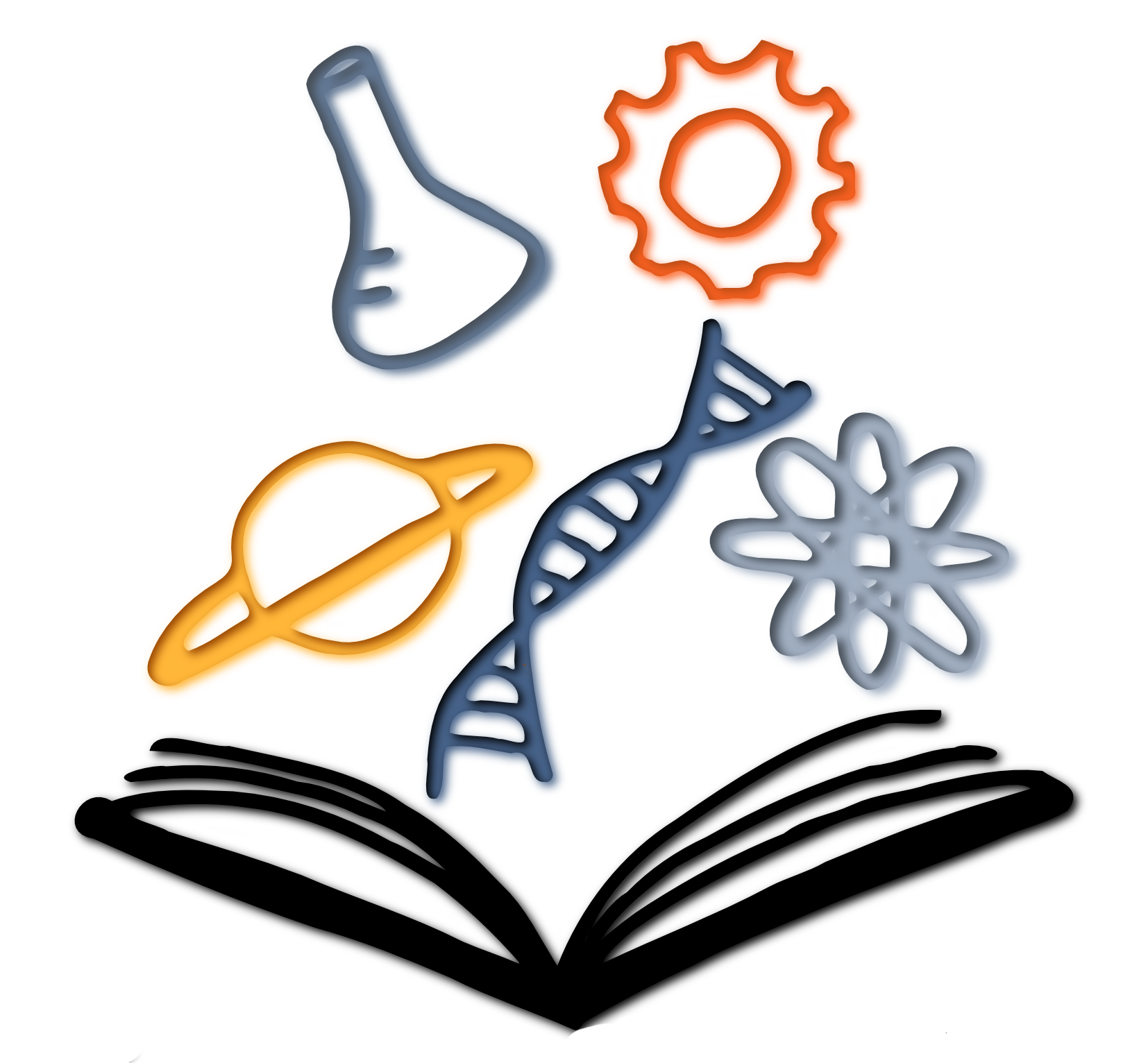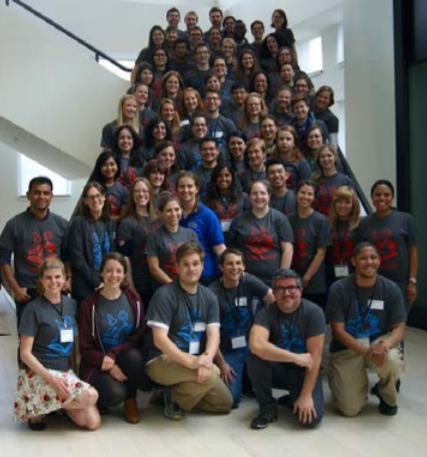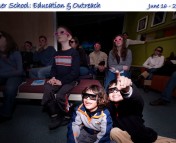
ComSciCon-2017 will be the 5th annual ComSciCon National Workshop, hosted in Cambridge, MA, from June 8-10.
Applications are now open for the Communicating Science 2017 workshop, to be held in Cambridge, MA on June 8-10, 2017!
Graduate students at U.S. institutions in all fields of science, technology, engineering, health, mathematics, and related fields are encouraged to apply. The application deadline is March 1st.
As for past ComSciCon national workshops, acceptance to the workshop is competitive; attendance is free and travel support and lodging will be provided to accepted applicants.
Participants will build the communication skills that scientists and other technical professionals need to express complex ideas to the general public, experts in other fields, and their peers. In additional to panel discussions (on topics such as Media and Journalism, Science Advocacy, and Diversity in Science Communication), ample time is allotted for networking with science communication experts and developing science outreach collaborations with fellow graduate students.
You can follow this link to submit an application or learn more about the workshop programs and participants. You can also follow ComSciCon on Twitter (@comscicon) and use #comscicon17 !
ComSciCon was founded by members of the Astrobites collaboration and other graduate students. ComSciCon 2017 is sponsored by Harvard University, the Massachusetts Institute of Technology, University of Colorado Boulder, the American Association for the Advancement of Science, the American Chemical Society, the American Astronomical Society, the Optical Society, IOP Publishing, and the American Institute of Physics.



